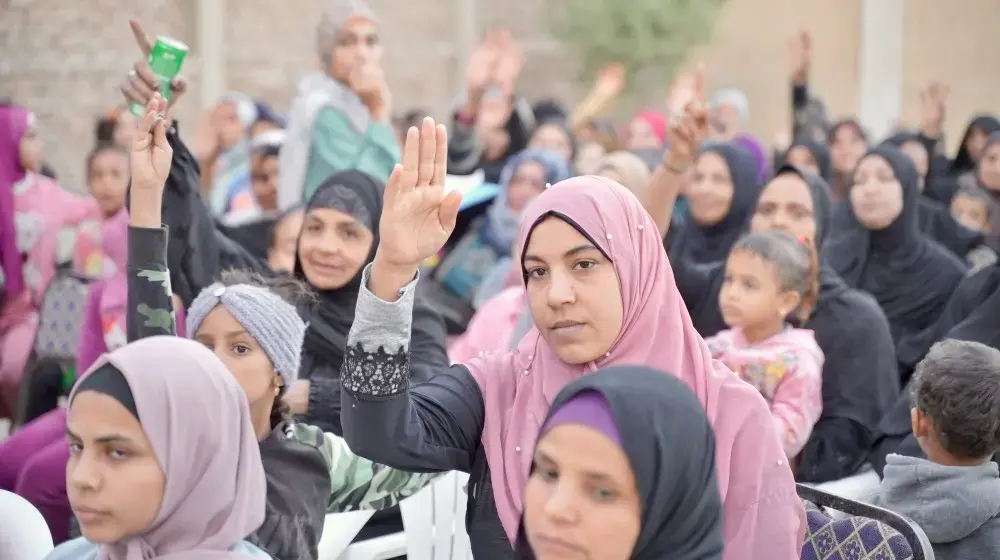“I was 14 years old when they “purified” me”explains Azza, a young Egyptian woman living in El Marg, a slum area in the southern part of Cairo, in front of the BBC news’ camera. Mother of a young girl, Azza refuses to genitally mutilate her daughter and states that no matter what people think, her daughter will be like the other girls and won’t have difficulties to marry.

“I was 14 years old when they “purified” me”explains Azza, a young Egyptian woman living in El Marg, a slum area in the southern part of Cairo, in front of the BBC news’ camera. Mother of a young girl, Azza refuses to genitally mutilate her daughter and states that no matter what people think, her daughter will be like the other girls and won’t have difficulties to marry.
As Azza, Hanan found the courage to break a taboo by sharing her story with the British Channel: “I was devastated, betrayed and I stopped talking to my mother after I was cut”. Under the pressure of her family, Hanan’s first daughter went through the procedure too. But a few years later and thanks to the awareness sessions she participated in, Hanan found the right words to convince her family and didn’t cut her second daughter, Radwa, 17 years old, who is “very grateful”,especially when she sees that “at school the majority of the girls are circumcised”.Those awareness sessions are part of a UNFPA-UNICEF Joint Programme which, in close partnership with the National Population Council and Ministry of Health (MoH), has been supporting since 2008 the National Programme for the abandonment of FGMC.
The main strategic approach is to gain the support of an initial core group, which decides to abandon FGM/C and mobilizes a sufficient number of people to facilitate a tipping point and thereby create a rapid social shift away from cutting as the social norm. This is known as ‘Public Declaration’ for the abandonment of FGM/C, which is an oath or commitment made by the community in a public manner (gathering, party, festival, ect.) which encourage families to changes attitudes in a positive way: supported by their peers, and the community leaders. A core feature of implementation is fostering partnerships with government authorities both at decentralized and national levels, the media, civil society organizations and the education and reproductive health sectors.
The programme, which also collaborates with religious authorities and networks of religious leaders advocating for the abandonment of FGM/C, has perceived changes in attitudes of communities, families and religious leaders. Today, Nadi, a young Christian woman cut when she was 10 years old, or Azza, Hanan and Radwy, all Muslim, can assert that this painful practice “has no roots in Religion” and defend their position in front of their families and communities.
To read the BBC article on FGM in Egypt:



